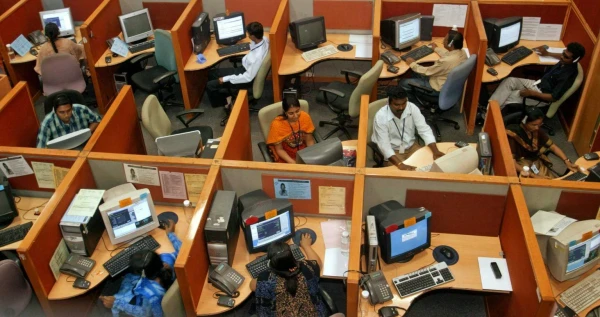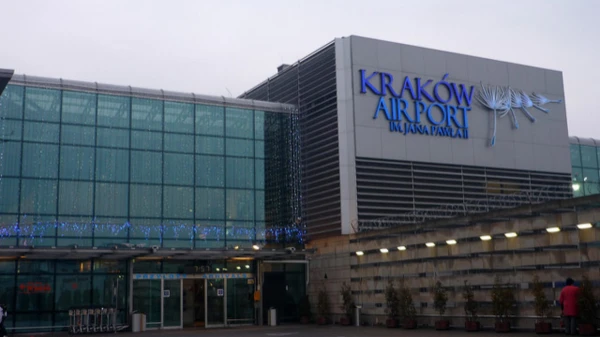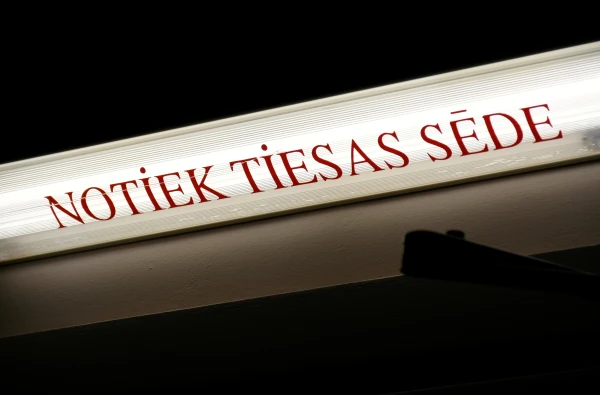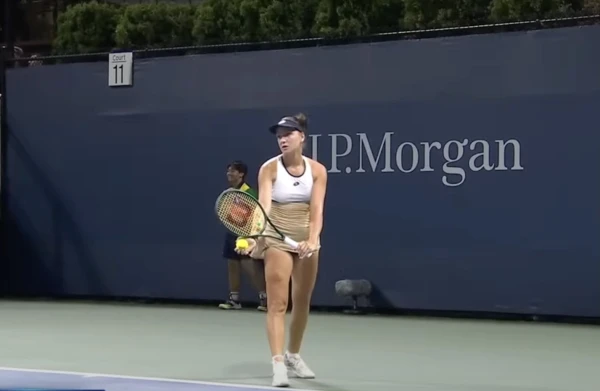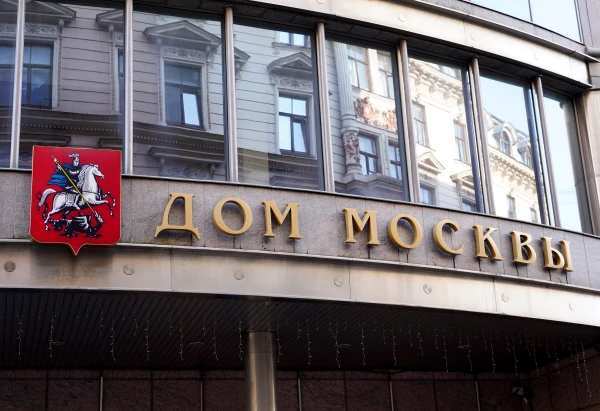
Criminal proceedings have been initiated for violating the sanctions imposed by the European Union.
On October 8 of this year, the State Security Service appealed to the prosecutor's office with a request to initiate criminal proceedings against two former leaders of the former House of Moscow for violating the sanctions imposed by the European Union (EU). According to the State Security Service, the suspects illegally received income and services from business partners using the frozen economic resources of the House of Moscow. Criminal proceedings have been initiated under the first part of Article 84 of the Criminal Code, i.e., on suspicion of violating EU sanctions. According to the press release from the State Security Service, the so-called 'House of Moscow,' registered in Latvia as a representative office of the state unitary enterprise of the city of Moscow 'Moscow Center for International Cooperation,' has been under EU sanctions since 2022. The sole holder of the capital shares of the House of Moscow before the building was transferred to the state ownership of Latvia was the Department of Property of the City of Moscow, which is subordinate to the Mayor of Moscow Sergey Sobyanin and President of Russia Vladimir Putin. In response to Russia's invasion of Ukraine, V. Putin was included in the EU sanctions list on February 25, 2022, and S. Sobyanin on July 21, 2022.
The current EU regulatory framework establishes the obligation to freeze all funds and economic resources owned, held, or managed by individuals included in the EU sanctions lists. Economic resources also include the premises of the 'House of Moscow,' for which a prohibition on use has been imposed if funds, goods, or services have been obtained in this manner. That is, renting out premises that are under sanctions is prohibited.
During the investigation, the State Security Service found that the then-leaders of the House of Moscow, despite the EU restrictions, rented out the premises of the House of Moscow to several institutions, companies, and individuals, thus unlawfully obtaining income from these economic resources of the House of Moscow. Furthermore, the then-leaders of the building illegally received services from tenants in exchange for providing premises in the House of Moscow. That is, tenants paid monthly and other bills instead of the House of Moscow, ensuring the further functioning of the building.



